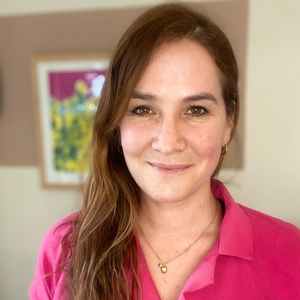This is some text inside of a div block.
This is some text inside of a div block.
This is some text inside of a div block.
This is some text inside of a div block.
This is some text inside of a div block.
This is some text inside of a div block.
This is some text inside of a div block.
This is some text inside of a div block.
This is some text inside of a div block.
This is some text inside of a div block.
This is some text inside of a div block.
This is some text inside of a div block.
This is some text inside of a div block.
This is some text inside of a div block.
This is some text inside of a div block.
This is some text inside of a div block.
I was a collegiate cheerleader and dancer, and I was fiercely in-shape. However, I also dealt with an eating disorder during my first year of college. This experience was a driving force behind me becoming a dietitian. I know first hand how important it is for clients to lose weight in a healthy way and have a good relationship with food. What drives me is helping clients to understand that no foods are “off-limits” and that they have the power to influence their health and wellness through nutrition.
































.jpg)

































































.webp)





































































































.png)


